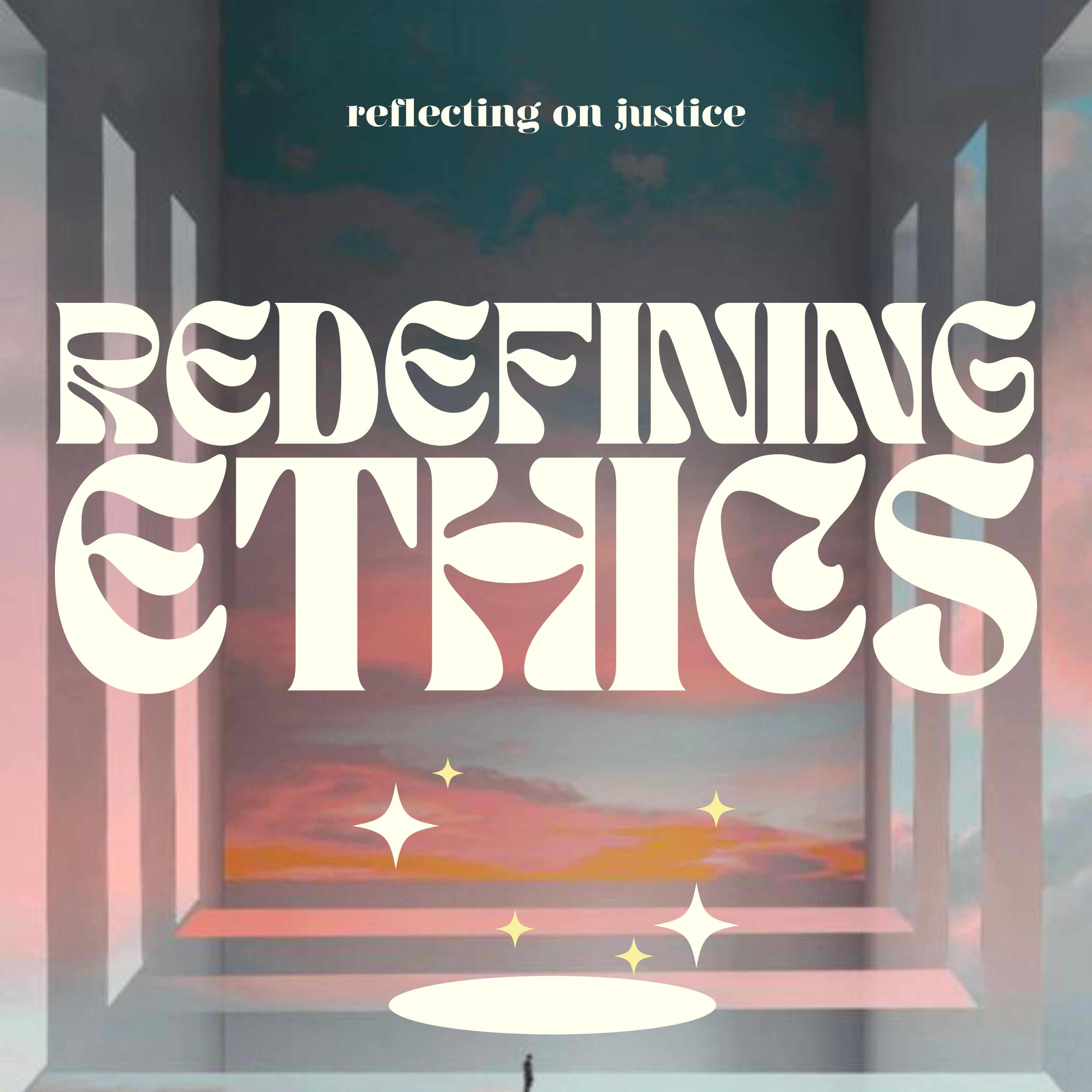Redefining Ethics | Therapists Unlearning Oppression, Together
Your hope is enough, if it's not just yours.

loading...
May 05, 2024 9:31pm
17m
Welcome back! Rounding out this series on hope, we’re going to be diving into the liberatory practice of joy. We’ve talked a lot about leaning into mourning, of letting ourselves wound so we can witness, and not turning away from discomfort. And while I think that’s crucial to continually resist what I call “cop out privilege” - aka the kind of privilege that lets you opt-out of difficult conversations because it doesn’t directly impact you, the kind of privilege that let’s you opt-out of difficult learning, of really looking at the impact of how you're living in a critical manner, and opting-out of the pain of redefining what you think you know by claiming neutrality - Liberatory practice is also all about joy.
Because the point isn’t to suppress our experience of joy or peace when it shows up. Joy, peace, and happiness are actually really important aspects of liberatory practice, hope and dreaming. And it’s important for us to know that joy and mourning are not mutually exclusive; we can hold all of this at a tension with each other, as integrated with one another.
So let’s chat a bit about how we can resist cop-out privilege while still allowing ourselves our full capacity for joy.
Let’s first start off with questioning our understanding of happiness and the ideas we’ve been brought up to believe about happiness. I’m going to read an excerpt of Sara Ahmed’s critique on the definition of happiness in her book, Feminist Killjoy:
“[As Feminist Killjoys] we might do something different with our happiness. Like refuse to let it be our end. The English word happiness comes from the word hap. meaning chance. The word happiness shares its hap with the word happenchance and haphazard. But happiness seems to have lost its hap. Becoming not what happens to you, but what you have to earn. We put the hap back into happiness, taking a chance on it. We could be happy to be queer without turning happiness into a project of becoming worthy or deserving of it.”
“We might need to claim the freedom to be unhappy, in a world that assumes happiness as evidence of being good, or at least the freedom to remain profoundly ambivalent and unsure. Life is complex and fragile and messy, and so are we.”
“We need to shatter the illusion that happiness is inclusion…We don’t tone it down, straighten ourselves out, try to be more like you so that we can get through to you. We spill over onto the streets, fierce and fabulous, our protests, parties. We spill over, we spill out.”
So if happiness isn’t something we have to earn, if it isn’t something that tells us whether or not we’re good or moral, if it isn’t something that we have to hold on to at all costs, if it’s something that we can let happen to us, if we free ourselves from the idea that happiness is liberation or that happiness is earned and something we have to prioritize proactively getting, what does that open up for us? What does that open up for our liberatory practices?
As therapists, we know that we can’t just selectively numb one side of the emotional spectrum. And that it is in letting ourselves feel the uncomfortable, the painful, the gut-wrenching, that we also let ourselves feel the joy, the connection, and the healing beyond what capitalism tries to sell to us. So why would that be different when it comes to liberatory practice?
Not to mention the whole capitalism thing? It’s exploitative, it’s a scam, and it doesn't work anyways; the most wealthy people often have such an innate spiritual pain of being the epitome of an unwell society. After all, what is well in a world that is so unwell? What is healing in a world that glorifies the harm we work so hard to attain, only to have to recover from it?
If we can let go of our obsession to be happy, if we can let go of our narrow ideations of what it means to be happy within this colonial, capitalist paradigm, then perhaps happiness will happen upon us.
One of my favo
loading...